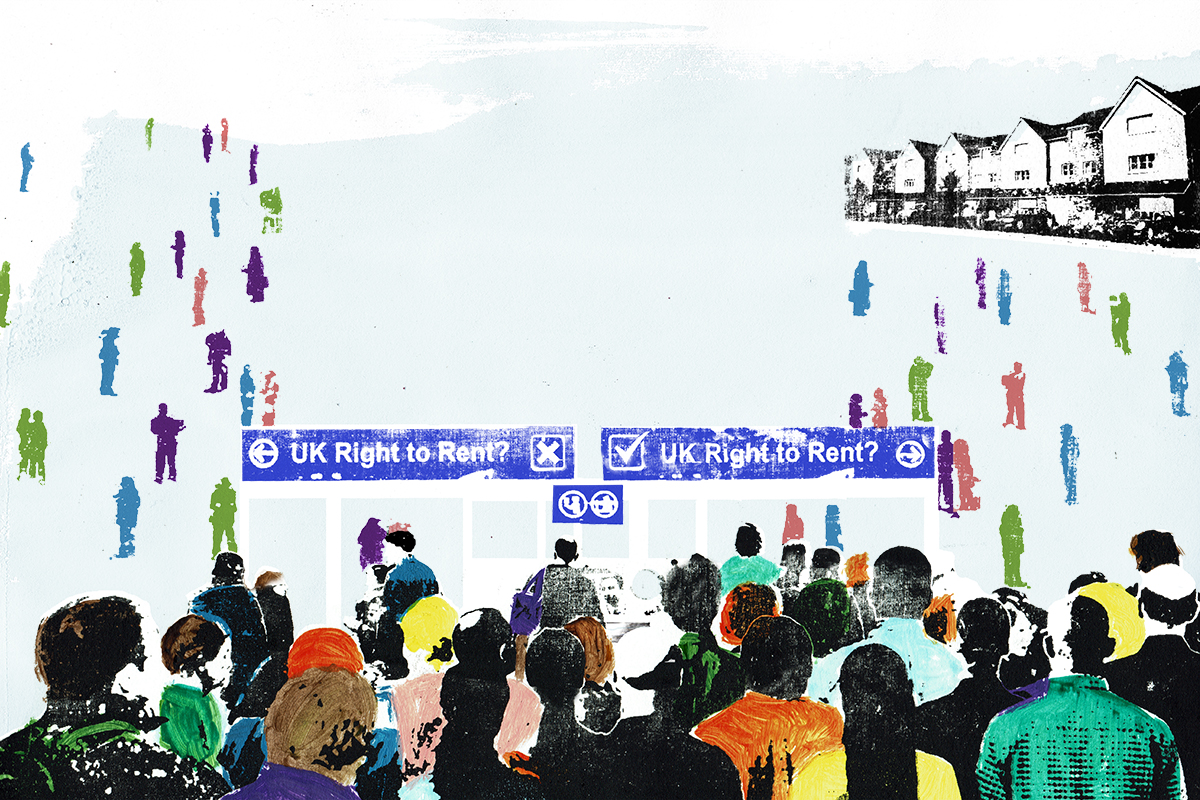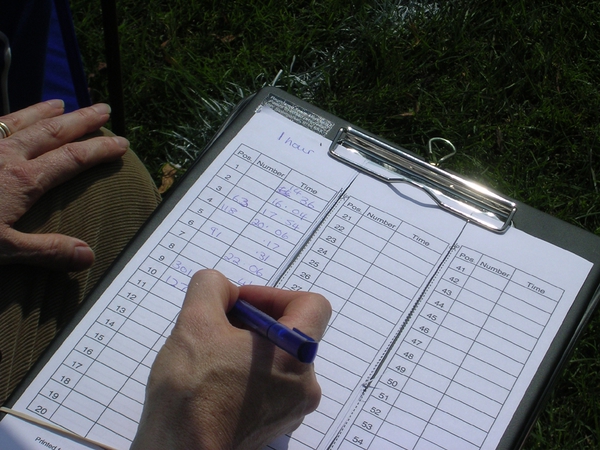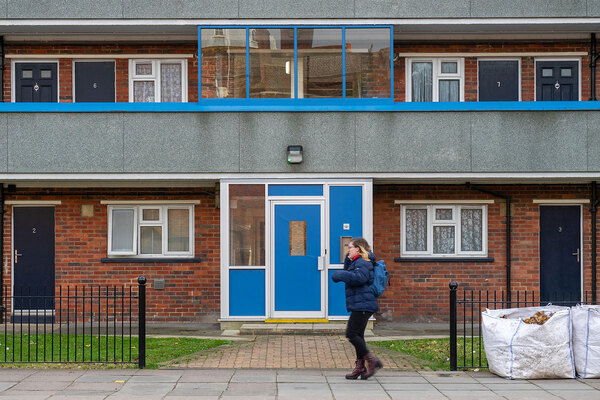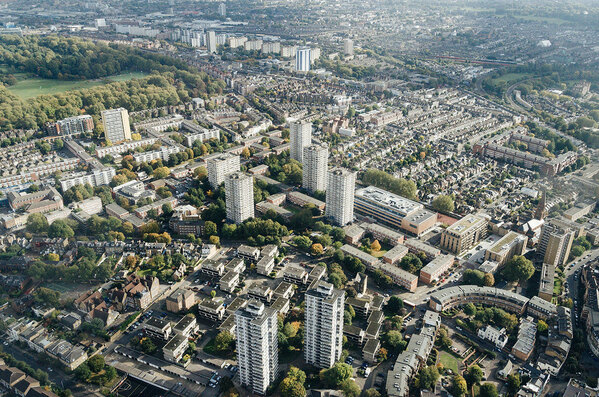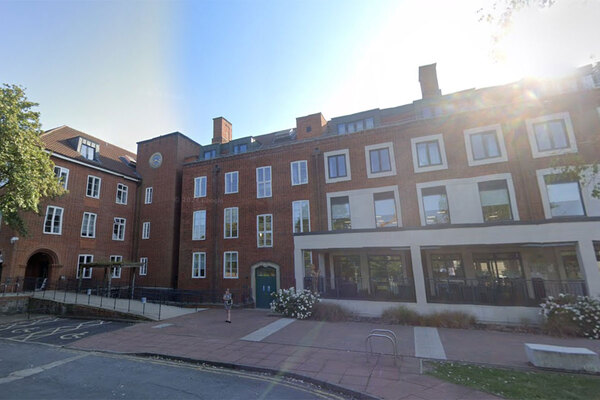You are viewing 1 of your 1 free articles

John Perry is a policy advisor at the Chartered Institute of Housing
Five myths about migrants and housing
Migrants are often blamed for housing shortages but the truth is they stand less of a chance of getting social housing than people born in the UK, says John Perry

John Perry is a policy advisor at the Chartered Institute of Housing
Migrants are often blamed for housing shortages but the truth is they stand less of a chance of getting social housing than people born in the UK, says John Perry
What do you know about migrants and where they live? Here are five things often said about migrants’ housing rights that are untrue or only partially true.
1. Migrants have a right to social housing
New migrants from outside the EU aren’t eligible for social housing except in very limited circumstances (for example in the case of a spouse forced to leave home because of domestic violence).
EU migrants who are working are usually eligible, but because most recent migrants are single they are unlikely to qualify.
Many councils now have ‘local connection’ rules which favour long-standing residents in their allocations policies, rather than newcomers such as migrants.
So migrants have no more ‘right’ to a social home than people born in the UK, and in most cases have far less chance of getting one.
2. Without migration, Britain’s housing problems would be solved
Of course, migration adds to housing demand. In England, about one-third of projected household growth is due to migration, with the majority due to natural population change.
If net migration were to fall just below 100,000 (the current government target) it would make little difference to household growth, as current estimates already factor in a fall to 170,000 by 2020/21.
However, the gap between supply and demand is so big that even if migration stopped completely, new housebuilding would still fall well short of what’s required.
3. Migrants without permission to stay can still “access everything they need”
This phrase was used by Theresa May, while she was home secretary, in a newspaper interview in 2012.
But migrants now face document checks before they get tenancies (in England, soon to be extended to the rest of the UK). The same applies when they use the NHS, go for a job or open a bank account.
Migrants trying to regularise their documents now have to overcome formidable legal obstacles and pay massive fees. This so-called ‘hostile environment’ aims to deter undocumented migrants, but it in practice it affects all migrants and even British citizens such as those who don’t have passports.
4. Asylum seekers and refugees get free council housing
People who apply for asylum get very limited help from the state. If they are ‘destitute’ they get free accommodation, now provided by private companies like G4S and normally in older properties leased from landlords.
They can’t get council housing and are not allowed to work. They get just over £35 per week to pay for food and all their expenses.
Asylum seekers who are accepted as refugees are eligible for social housing, but few succeed in getting it because they have a maximum of 28 days to leave their asylum accommodation and arrange all their paperwork.
They are given five years’ permission to stay in the UK and are often (wrongly) discriminated against because they only have limited, not indefinite, leave to remain.
Only the small numbers of refugees who come directly to the UK on special schemes (like some Syrians resettled from refugee camps) get social housing when they arrive.
5. Migrants put a strain on public services like housing
The Migration Observatory has collated all the evidence on whether migrants pay more in taxes than they receive in services, and almost every study shows that they do.
And despite the growth in the percentage of people in the UK who were born abroad, foreign nationals still account for only 8% of new lettings made by social landlords. Of course the percentage is higher in places where more migrants live, but the overall picture is that nine out of 10 new lettings go to British nationals.
One factor to bear in mind is that new housebuilding depends heavily on EU migrant workers – 8% come from the EU, and the current skill shortages seem to arise partly because many have already left. Tougher migration policies, as promised by the campaign to leave the EU, may actually make it more difficult to solve Britain’s housing problems, not less.
Housing organisations can find out more about migrant rights at housing-rights.info.
John Perry, senior policy advisor, Chartered Institute of Housing

